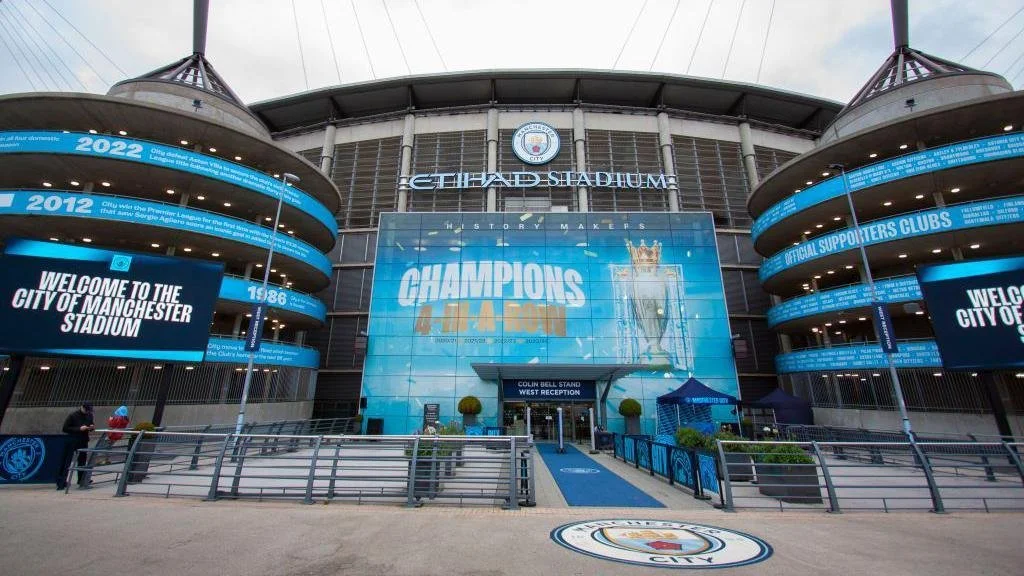Manchester City Wins Legal Battle Against Premier League Over Financial Rules
Manchester City has emerged victorious in a legal battle against the Premier League, challenging the controversial Associated Party Transaction (APT) rules—a decision that has sparked mixed interpretations across the football world.
An independent panel ruled on Friday that the APT rules are void and unenforceable, meaning that clubs no longer need to get Premier League approval before conducting financial dealings with companies or individuals linked to their ownership.
What Are APT Rules?
The APT rules, introduced in December 2021 following the Saudi-led takeover of Newcastle United, were designed to prevent clubs from inflating commercial revenues by signing sponsorship deals with businesses closely tied to their owners.
The Premier League has long argued that these regulations ensure fairness and prevent wealthy clubs from gaining an unfair advantage by securing inflated sponsorship deals, which could provide them with more financial power under Financial Fair Play (FFP) rules.
However, Manchester City—backed by its Abu Dhabi ownership—challenged the rules, arguing they were unfair, restrictive, and an attempt to curb their financial independence. The club claimed that the regulations gave the Premier League too much power in dictating how teams manage their sponsorships and commercial revenues.
What This Means for Manchester City and the Premier League
🔹 For City, this victory could provide greater financial flexibility, allowing them to sign lucrative sponsorship deals without the league’s oversight.
🔹 For the Premier League, it’s a significant setback, as it raises concerns that wealthy clubs can now dictate their own financial rules without much oversight.
However, despite the ruling, the Premier League insists that the current version of APT rules remains in place, and clubs are still expected to comply with them until a final decision is reached.
Opinion: A Win for Financial Freedom or a Step Back for Fair Play?
While Manchester City may celebrate this as a victory for financial independence, critics argue that this could widen the gap between the richest clubs and the rest of the league. With fewer restrictions on commercial deals, clubs backed by billionaires or wealthy states—like City and Newcastle—could generate massive revenues, giving them an even bigger competitive advantage.
Ultimately, this ruling reignites the debate about whether the Premier League is truly a level playing field or a battleground for financial powerhouses. Is this the beginning of a new era where money speaks louder than footballing fairness?
🔹 What’s your take? Should clubs have complete financial freedom, or should the Premier League enforce stricter regulations? ⚽💰








